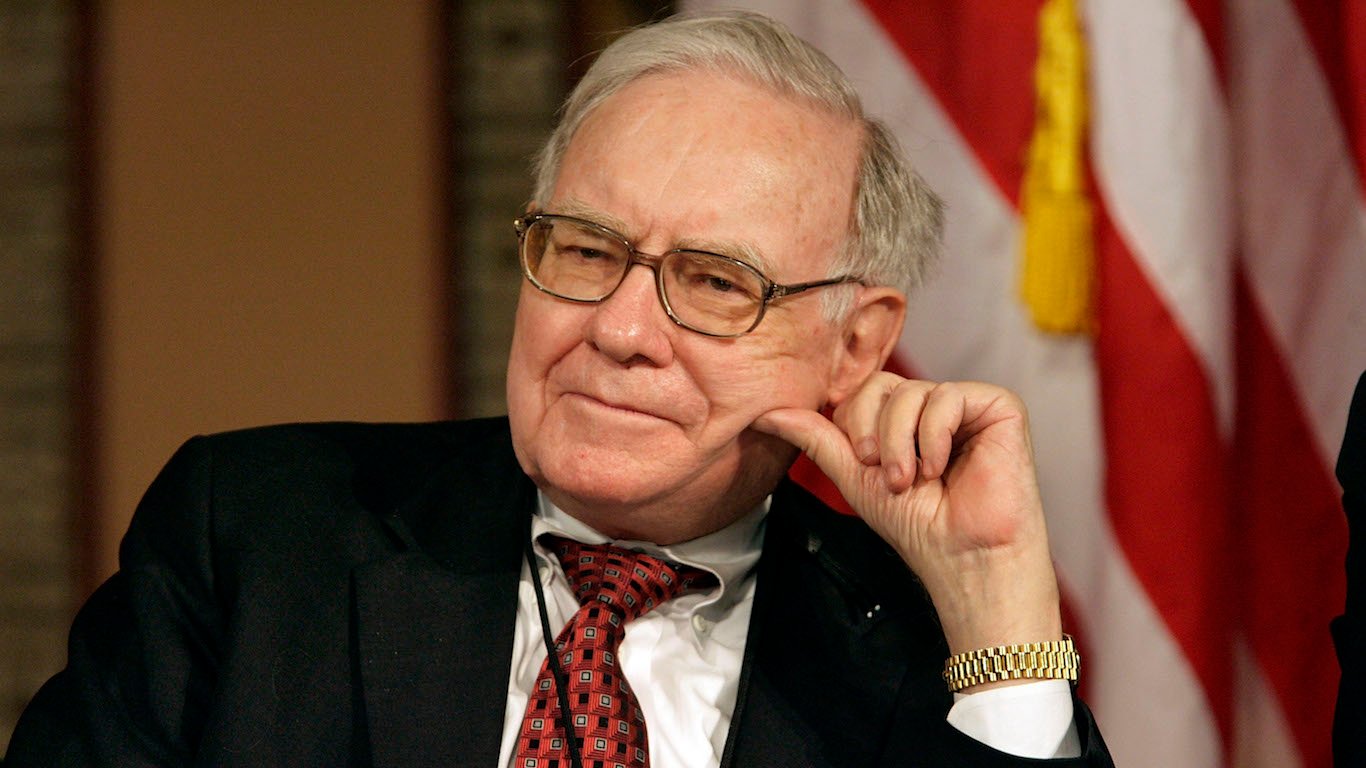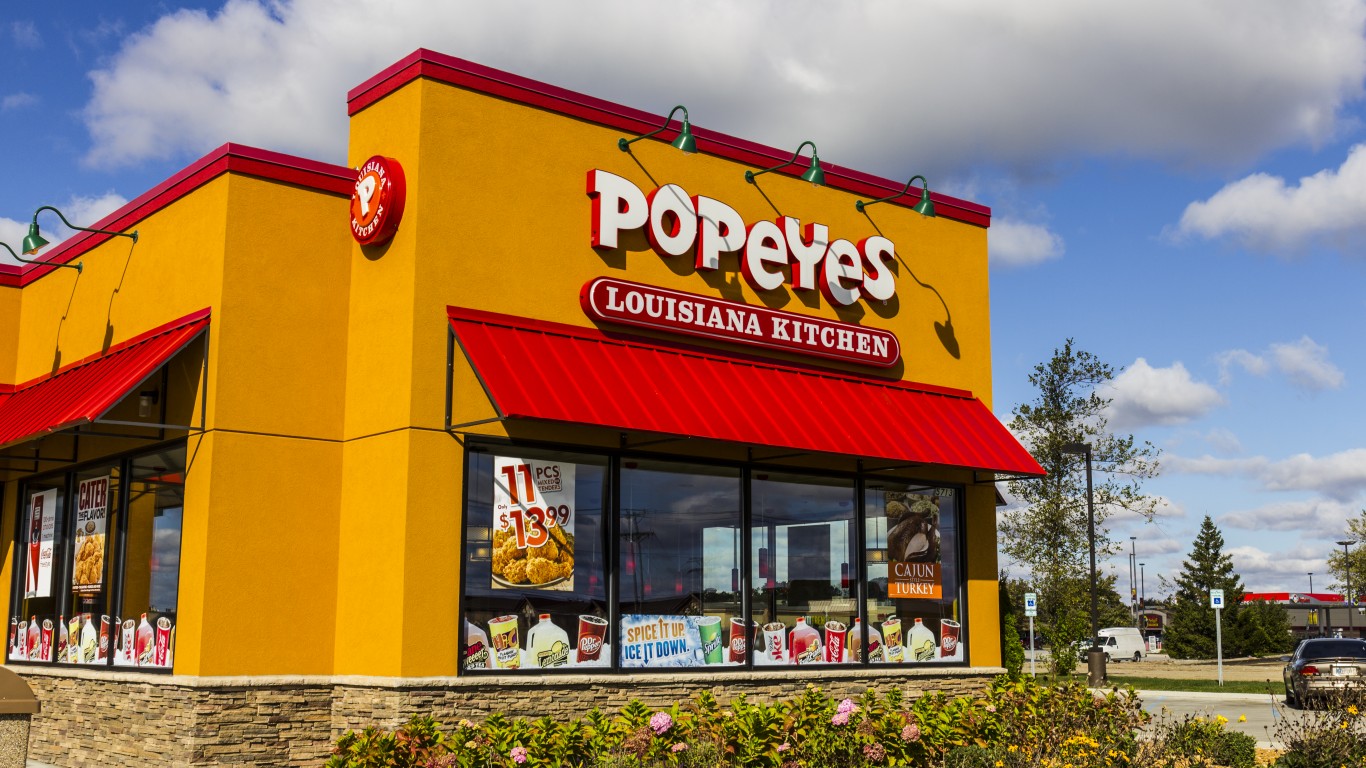

In a world of trade wars, stock market sell-offs and inverted yield curves (even negative yields), investors also have to deal with a slowdown in earnings and economic numbers. And the investing community is having to hear the word “recession” as frequently as the media can find a way to use it. It should be pretty easy to understand why so many investors want to be cautious and defensive.
Colgate-Palmolive Co. (NYSE: CL) is a highly defensive stock, despite being in the crowded and competitive field of consumer products. People buy toiletries and basic household goods next in line after food and water.
Independent research firm Argus has reiterated its Buy rating on Colgate, along with an $82 price target. That’s a 10.6% upside target from the prior close of $74.15, but it is ahead of adding in its 2.3% dividend yield for total return investors. To prove that Colgate is truly very defensive, note that it rose 16 cents to $74.31 a share on Tuesday when the Dow Jones industrials fell 285 points (−1.1%) and the S&P 500 fell 20 points (−0.7%).
Before getting into the Argus Buy rating and $82 target, 24/7 Wall St. wanted to look closely at what else has been said about this stock by other firms ahead of and after earnings. Argus raised its target price to $82 from $72 with a reiterated Buy rating back on June 11. This stock may have been at $74.15 ahead of this last target price upgrade by Argus, but it had been down at $72.61 ahead of the June 11 call. That’s not exactly getting rich, but this is supposed to be a slow-moving defensive stock. Here are some of the other price target hikes that have occurred after the Argus call in June:
- Wells Fargo, to $68 from $65 on June 18 and then to $70 from $68 on July 29
- Deutsche Bank, to $76 from $74 on July 12
- Morgan Stanley, to $72 from $68 on July 15 and then to $74 from $72 on July 29
- UBS, to $82 from $80 on July 29
- Citigroup, to $79 from $77 on August 20
So, many analysts have raised their targets on Colgate. The difference here now is that the consensus analyst target price has risen a few percentage points in the past 90 days, and the pre-Argus call showed a consensus target of $74.31 from Refinitiv, with a street-high being the $82 that is matched by UBS.
One street-wide concern about the Colgate defensive position is that its shares are valued at about 26 times expected 2019 consensus earnings and at about 24.5 times the consensus earnings estimate for 2020. That isn’t cheap, even for a defensive consumer products stock when the broader S&P 500 is valued at closer to 17 times expected earnings.
24/7 Wall St. recently highlighted that the normal defensive stocks to flock to ahead of a recession might already be far too expensive to chase. It turns out that not everyone agrees, and in some of the names there is a belief that substantial profits can still be made.
All these concerns are not exactly a secret. Colgate has been in operation for over 200 years now. The consumer products company has paid a dividend for 124 consecutive years, and it is in the club of companies that have raised their dividend for 50 or more consecutive years. Those are impressive numbers and are well beyond what new dividend-paying companies can claim.
Argus has pointed out many positives. The firm noted that the company’s second-quarter organic sales were up 4%, an acceleration from 3% in the first quarter of 2019 and 2% in the fourth quarter of 2018. Argus also stressed that the company has credit ratings in the “low-AAs” and its dividend is only likely to keep increasing. Argus even warned that its 2019 earnings estimate reflects substantial headwinds from commodity costs and currencies at the same time that substantial increase in advertising spending is expected to deliver long-term benefits. While Argus expects some of the cost pressures to ease in the second half of 2019, consumer staples companies need to drive sales, and Colgate is doing that.
Thank you for reading! Have some feedback for us?
Contact the 24/7 Wall St. editorial team.
 24/7 Wall St.
24/7 Wall St.


